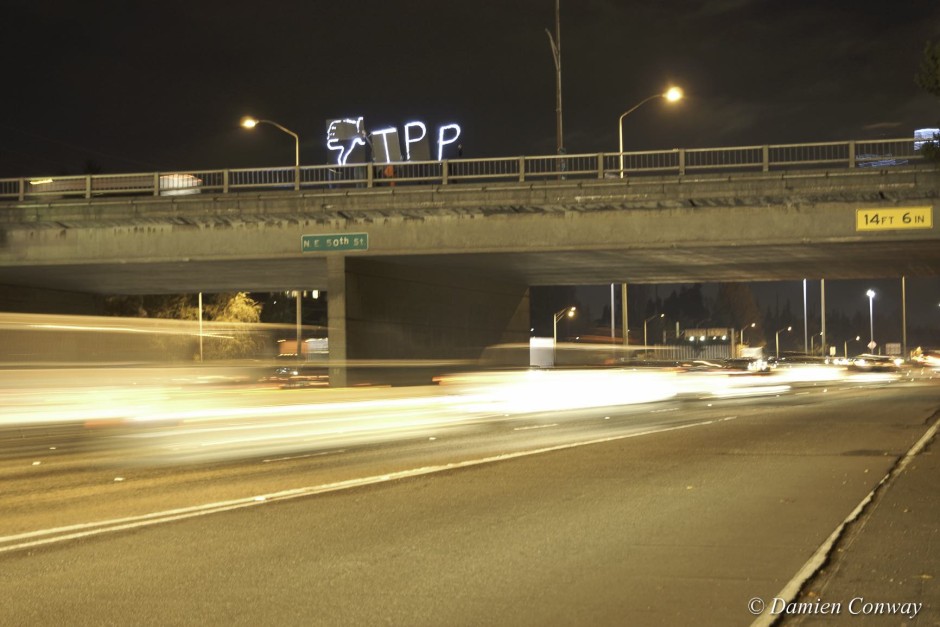EFF: Here’s why Fast Track and the TPP won’t help protect the free and open internet
Unlike what Sen. Wyden claims, the Fast Track bill and the TPP agreement will be a major threat for Internet users. Article by Maira Sutton for EFF Sen. Ron Wyden took to Wired yesterday to argue that the Fast Track bill he co-sponsored to rush approval for trade deals like the Trans-Pacific Partnership (TPP) agreement will help protect the free and open Internet. Sen. Wyden has long been a staunch defender of the Internet and users' rights, and more recently, he has renewed his efforts to reform the Digital Millennium Copyright Act (DMCA) and the draconian Computer Fraud and Abuse Act (CFAA). We heartily applaud these endeavors—which is why his stance on Fast Track and the TPP is so disappointing.
Unlike what Sen. Wyden claims, the Fast Track bill and the TPP agreement will be a major threat for Internet users.
Article by Maira Sutton for EFF
Sen. Ron Wyden took to Wired yesterday to argue that the Fast Track bill he co-sponsored to rush approval for trade deals like the Trans-Pacific Partnership (TPP) agreement will help protect the free and open Internet. Sen. Wyden has long been a staunch defender of the Internet and users' rights, and more recently, he has renewed his efforts to reform the Digital Millennium Copyright Act (DMCA) and the draconian Computer Fraud and Abuse Act (CFAA). We heartily applaud these endeavors—which is why his stance on Fast Track and the TPP is so disappointing.
#1: Free Flow of Information Provisions Do Not "Protect" the Internet
The primary reason Sen. Wyden boasts that Fast Track and the TPP would protect Internet users is because both contain provisions involving the "free flow of information." Such provisions live in the TPP's E-Commerce chapter, which has never been leaked, so no one except the negotiators themselves and corporate advisors with special privileges have seen the actual language. What we do know is based on public statements and leaked texts from other secret trade deals.
These free flow of information rules are designed to subvert data localization laws and to prevent countries from forcing content providers to censor, filter, or otherwise block online content—so they have the potential to protect free expression and access to information on the Internet. On the other hand, these same rules could be used to undermine consumer protections for personal data. For example, these kinds of provisions could be used to unravel national efforts to pass legal requirements around how companies handle citizens' medical data.
- Read more at EFF



 Take action now!
Take action now!
 Sign up to be in the loop
Sign up to be in the loop
 Donate to support our work
Donate to support our work